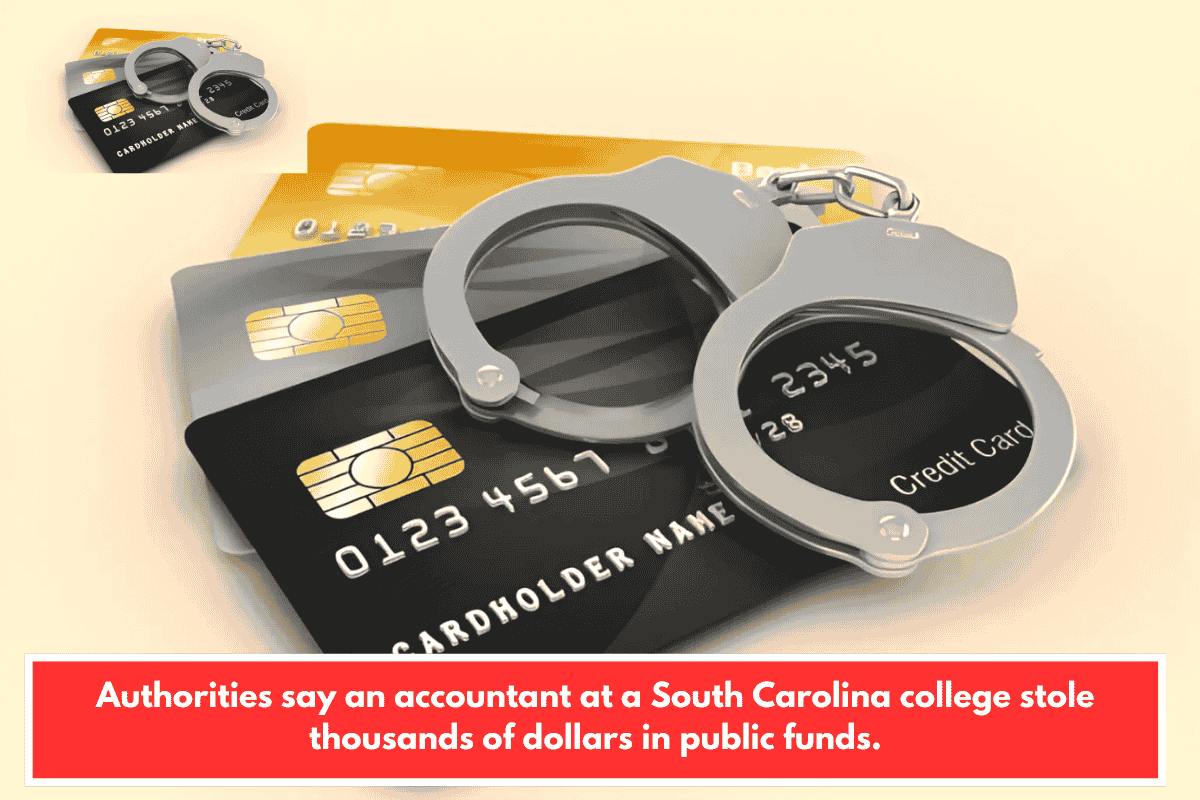Pocket knives are everyday tools used by many for tasks ranging from cutting boxes to outdoor activities. However, the legality of carrying and owning a pocket knife can vary greatly from state to state. In Georgia, pocket knives are generally legal to own and carry, but there are specific rules and restrictions that residents must be aware of to avoid legal trouble. This guide breaks down Georgia’s laws regarding pocket knives, including what types of knives are legal, where you can carry them, and the potential consequences of not following the law.
Georgia’s Laws on Pocket Knives
In Georgia, pocket knives fall under the broader category of “concealed weapons,” but the state generally has permissive laws regarding their possession and carrying. However, there are important restrictions to keep in mind.
1. Legal Pocket Knives in Georgia
In Georgia, it is legal to own most types of pocket knives. This includes traditional folding knives and those with a spring-loaded mechanism (such as a thumb stud or nail pull) that require manual force to open. These types of knives are generally considered legal to possess and carry in most situations.
However, there are some specific guidelines and restrictions:
- Blade Length Restrictions: Under Georgia law, pocket knives with a blade length of less than 5 inches are generally legal to carry in public. Knives with blades longer than 5 inches may face restrictions, especially if they are carried openly.
- Automatic-Opening Knives and Switchblades: Unlike many other states, Georgia allows the possession and carrying of switchblade or automatic-opening knives, as long as the blade does not exceed 5 inches. There are no specific statewide prohibitions against these types of knives.
2. Concealed Carry of Pocket Knives
Carrying a concealed pocket knife is generally legal in Georgia with some conditions. A concealed knife refers to a knife that is hidden from plain view (for example, in a pocket or a bag).
- Georgia Concealed Carry Laws: Under Georgia law, a knife with a blade shorter than 5 inches is allowed to be concealed on your person, whether it’s in your pocket or tucked away. However, if the blade is longer than 5 inches, it is prohibited to carry it concealed without a valid permit. You can also face legal consequences if you are carrying a concealed knife and using it for purposes other than self-defense.
- Self-Defense Considerations: While carrying a pocket knife in a concealed manner is generally legal, it is crucial to note that carrying a knife for the purpose of self-defense can complicate matters. If you are carrying a knife for self-defense and use it in an altercation, the act could be scrutinized in court. Always ensure that your knife is carried for lawful reasons such as utility or work.
3. Carrying Knives in Certain Locations
While it is legal to carry pocket knives in many places in Georgia, there are certain restricted locations where carrying a knife is prohibited:
- Government Buildings and Public Property: You cannot carry any knife, including pocket knives, into government buildings, courthouses, or places with heightened security.
- Schools and School Zones: It is illegal to carry any knife on school grounds, including pocket knives. Georgia law strictly prohibits the possession of knives within a school zone.
- Public Transit and Airports: Similar to other weapons, knives are prohibited on public transportation and in airports. This includes both concealed and open carry.
4. Penalties for Violating Knife Laws
Although Georgia’s knife laws are relatively lenient, failure to follow them can result in serious consequences. If you are caught carrying a knife in a restricted area or in a manner that violates state law, you could face:
- Misdemeanor Charges: Carrying a concealed knife in public (if the blade is longer than 5 inches) or carrying a knife in a restricted area could result in misdemeanor charges. This can carry fines, community service, or a jail sentence of up to 1 year.
- Felony Charges: If you are found guilty of using a knife in the commission of a crime, such as robbery or assault, you could face felony charges. Felony convictions carry much more severe penalties, including longer prison sentences.
5. Important Considerations for Knife Owners
While pocket knives are generally legal to own and carry in Georgia, there are some key things to consider to avoid running afoul of the law:
- Intent and Purpose: Always be mindful of the purpose for which you carry a knife. Carrying a pocket knife for legitimate use, such as work or recreation, is generally accepted, but carrying it for self-defense or as a weapon could raise legal issues, particularly if used in a confrontation.
- Purchasing and Selling Knives: It is legal to buy, sell, and transfer ownership of most pocket knives in Georgia, including switchblades, as long as you comply with age restrictions (usually 18 or older) and don’t sell knives to individuals prohibited from possessing them (such as convicted felons).
- Transportation Across State Lines: If you’re traveling to other states or municipalities within Georgia, it’s important to be aware of local knife laws. Some cities may have additional restrictions on the types of knives that can be legally carried.
In Georgia, pocket knives are legal to own and carry, but like all tools, there are rules and regulations that you must follow. Understanding the blade length limitations, the difference between concealed and open carry, and restrictions on where you can bring your knife are all crucial to staying within the law. By being aware of these guidelines, you can safely and legally enjoy using your pocket knife without facing legal consequences.
SOURCES
[1] https://edc.ninja/georgia-knife-laws/
[2] https://www.akti.org/state-knife-laws/georgia/
[3] https://www.couteaux-morta.com/en/georgia-knife-laws/
[4] https://www.reddit.com/r/tbilisi/comments/shr9m4/what_is_the_legality_of_carrying_a_knife_in/
[5] https://www.tosahwi.com/blogs/georgia-knife-laws-a-comprehensive-guide-2025-updated














